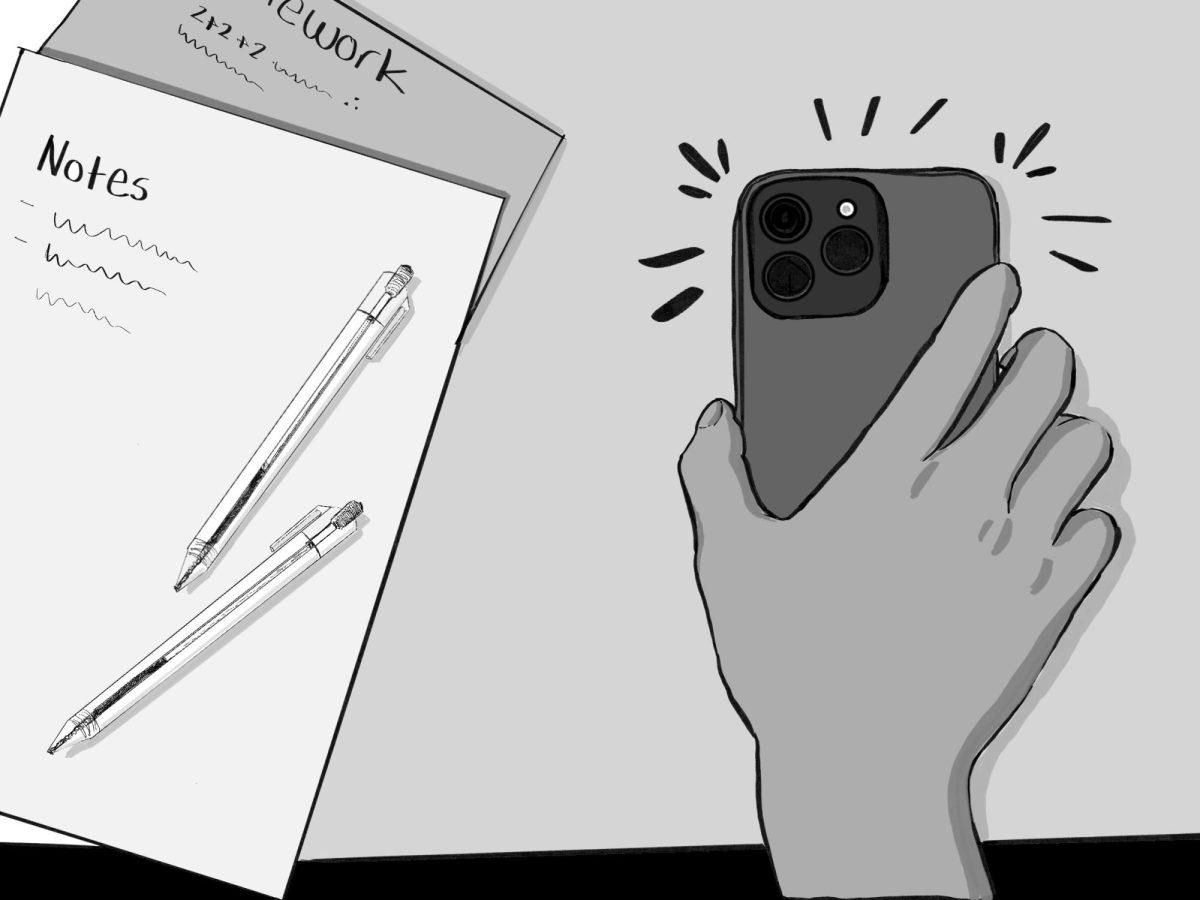If you watch TV, you’ve seen it: the “loose cannon” cop who doesn’t play by the rules and sticks with their hunch until they get the criminal, no matter whose rights they have to violate to get there. This archetype is incredibly popular in media, and audiences are naturally compelled by these righteous defenders of justice. But how do these tropes affect how we view police in real life?
“I think that society has normalized violence in media to the point where we’re desensitized to seeing it in real life as well,” Stephanie March, known for her role as Alexandra Cabot in “Law & Order: Special Victims Unit,” said.
This is especially true when it comes to cop programs such as the “CSI: Crime Scene Investigation” shows. All media that glorify violence can be harmful, but when television shows celebrate cops using excessive force, that can set a dangerous precedent. If we’re inundated with images of fictional cops being violent, we can become complacent when real cops display acts of brutality. We accept that it’s just part of the job, like how the police on television are always acting in pursuit of justice, no matter what it takes to get there. But this assumption may be flawed, and television shows take this concept much too far.
March also said she is concerned about the police’s militaristic culture and the “warlike mindset” around solving problems. Encounters with police officers, especially if you are a person of color, can often be deadly, even if your crime is minor or nonexistent. This betrays a trend of poorly trained and trigger-happy cops whose instincts are not to de-escalate, but to eliminate the perceived threat by whatever means necessary.
All of these concerning patterns beg the question: why do audiences like cop shows so much, and why is the archetype of the rogue cop who disregards the rules so popular?
“I do think we all have a dark side, and we’re all interested in seeing how that dark side is represented in other people,” March said. “Watching other people’s stories is the most human instinct.”
Flawed characters tend to be very popular among audiences. With characters who are police, however, these “flaws” often manifest in flouting the irritating rules that they must abide, which usually are put in place to protect the rights of citizens.
Cops on television are constantly searching places without warrants, using abusive and illegal interrogation tactics, planting evidence and using a variety of illegal tactics. But that’s okay, because it’s all in the name of justice, right? We saw the suspect committing the crime in another scene, so it’s justified. The mindset that it’s all right for police to bend the rules as long as they do so in pursuit of justice can be a very damaging mentality to impose on viewers. Similarly to how watching violent police can cause us to be complacent in the face of real-life police brutality, watching cops that flaunt rules with impunity can become dangerous for how the system allows cops to function in real life.
This is not to say that problematic portrayals of police caused all of the problems that exist within the police system today. That’s not the case at all. However, if we examine some of the tropes in our favorite television shows, we might be able to see a disturbing pattern.


































